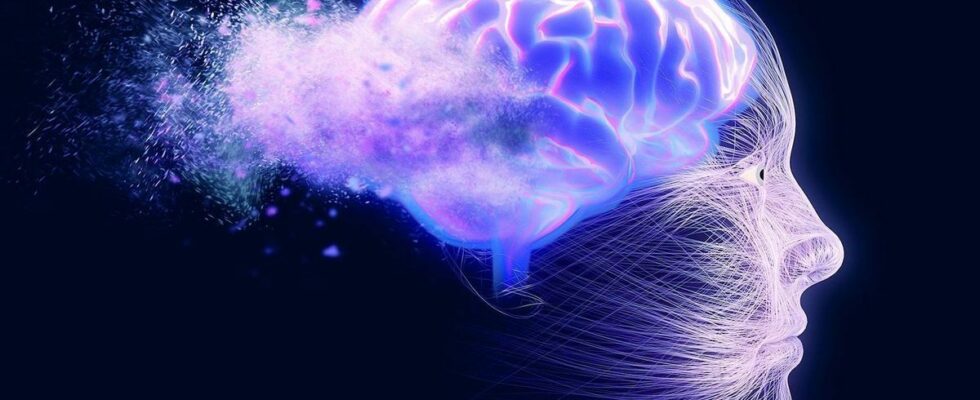Published on
updated on
Reading 3 min.
Dangerousness, violence and split personality are still widely and wrongly associated with schizophrenia, one of the most severe mental illnesses. Health professionals, associations, artists and patients are working to put an end to these misconceptions, which weigh on the health of patients.
Schizophrenia is manifested by significant disturbances in the perception of reality – notably hallucinations – by a disorganization of thought, which results in confused speech or extreme agitation, or by an absence of emotions or ability to reaching out to others which can lead to isolation.
The disease can take very different forms from one individual to another. It is accompanied by a risk of premature death two to three times higher than in the general population, due to somatic, cardiovascular, metabolic or infectious disorders, and a high suicide rate, of 5 to 10%.
Some doctors, patients, their loved ones and associations working with them also denounce a harmful environment, shaped by a very negative image of the disease which weighs heavily on the minds of patients.
At the announcement of “diagnostics”, “many people are devastated“, deplores psychiatrist Jasmina Mallet who notes that patients “self-stigma“thinking”that a person who has schizophrenia is necessarily violent” Or “will inevitably miss his life“.
Stigma
It is against this “stigma” of people suffering from schizophrenia, nearly 600,000 in France, according to Health Insurance, that the Pop & Psy festival, which opens Friday until Sunday, wants to work.
For its third edition under the patronage of actress Judith Godrèche, this festival co-founded by psychiatrist Jean-Victor Blanc and journalist Florence Tredez, is devoting a round table to it.
This pathology remains “stigmatized” and “associated with violence”, regrets Jean-Victor Blanc.
“It’s an idea that people form from things they see, that they hear“and this”in all levels of society“, also observes Jean-Christophe Leroy, director of Positive Minders, a Franco-Swiss association dedicated to raising awareness of mental health issues.
According to a study carried out by Opinion Way for the association, still three out of four French people confuse schizophrenia and split personality and associate it with dangerousness.
For Positive Minders, culture can nevertheless be “a destigmatization engine“.
The Gringe rapper spoke publicly four years ago about his little brother’s schizophrenia, in his book “Together we bark in silence“.
He is also the godfather of the association La Maison perchée, where volunteers, themselves suffering from serious disorders, welcome young sick people.
“They are able to speak the right language to these young people who may be distraught“, he explained to AFP.
“Recovery possible”
In the new generations, singer Emma Peters, nominated for the 2023 Victoires de la Musique, devotes a song in her new album to “Juliette”, a person suffering from schizophrenia, to tell “the world through her eyes”.
Schizophrenia is primarily treated with medication. Even though there is no cure for this disease today, one in three patients lead a normal life with appropriate treatment. Psychotherapeutic treatment is often recommended.
Giving “hope” and showing that “recovery” is possible, that “we can get through it”: this is what David Martinelli, himself suffering from schizophrenia and having gone through, wants to bring.difficult times“.
He decided to become a “peer health mediator”, a diploma reserved for people themselves suffering from a disorder, for which he took a license at the age of 41, and worked at the mental health establishment of Rueil-Malmaison (Haut- de-Seine).
A gardener in a previous career, he now has the role of “support the healthcare team” by providing “a complementary perspective” and acting as an intermediary between patients and caregivers.
In his eyes, making a journey “quite traumatic”, strewn with hospitalizations, “sometimes by force”, “something helpful for others, gives coherence“.
“If (…) it’s useful, ultimately, I didn’t go through this for nothing“.
